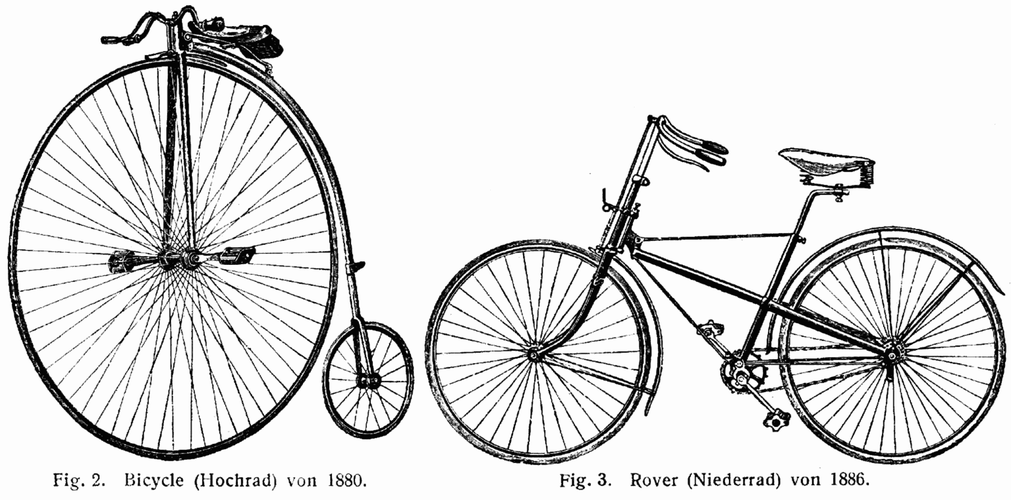D
Deleted member 28227
Guest
After 10 pages the simple answer is no horses, no bikes, canoes rafts or skis and snow shoes. Foot traffic only
You can't use a chainsaw, but you can use solar panel to run your cell phone connected to a bluetooth speaker blaring nickleback.









